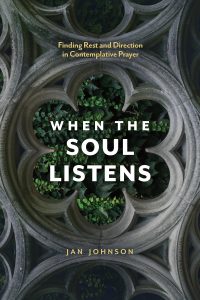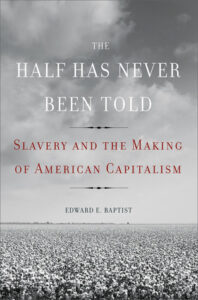 Summary: There is few parts of American history that are less understood but have more importance to modern political problems.
Summary: There is few parts of American history that are less understood but have more importance to modern political problems.
Over the past year, I have realized how large my historical blind spots have been from the end of the Civil War until roughly the Civil Rights era. That 100-year era was almost completely absent from my education, and I didn’t realize how much that absence mattered until I kept running up against that missing historical era when reading about modern racial issues.
When I asked around, multiple people suggested that I start with Eric Foner. He has several books that are roughly around this era, including a shorter edition of this book that is on sale right now. There are two editions of this book, and I picked the older edition because it was the one that was available on Audible as an audiobook. (The audiobook is poorly done, with lots of editing problems, mispronounced words, and sound issues.)
Reconstruction: America’s Unfinished Revolution was originally published in 1988, nearly 30 years ago, with the conscious purpose of countering the myths of reconstruction that had grown up as part of the Lost Cause movement and the later Jim Crow and segregation eras. Much of the early history of Reconstruction was written in the 1920-50s from the perspective of Southern historians. Foner was the first major historian of the late 20th century to counter that myth (and I am using myth in the academic method as a founding story, not just as a false narrative.) Foner does note that WEB Dubois’s book, Black Reconstruction in America, had many similar themes but was largely ignored by academic historians who had adopted the common narrative for the failure of Reconstruction.
The short version of the book is that the failure of Reconstruction was a mix of economic problems, government corruption (this was present in both parties, but the Republicans as the majority party, and the party of former slave officeholders in the South was blamed more strongly) and fatigue of the problems of Reconstruction, not freed Black office holders, carpet baggers, and scalawags.
There were several major periods of Reconstruction. Foner starts in 1963, when the Union Army occupied large areas of the South and, under the Emancipation Proclamation, operated an Army-run Reconstruction until the war’s end. During this period and the next period, Foner suggests that there was far more self-directed movement among newly freed slaves to lift themselves up and build institutions and community than is generally assumed.








